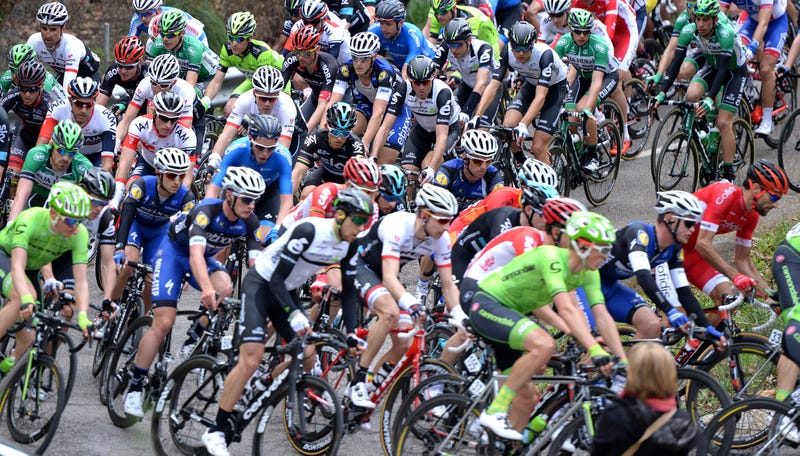Review of the Professional Cyclists’ Union
The Cycliste Professionnels Associés (CPA), formed in 1999, had two important early accomplishments - the “Joint Agreement” with the teams to help govern the relationship between teams and their riders, and a riders’ “Solidarity Fund” -to provide limited financial support to certain retiring riders. However, the CPA has struggled to grow or expand its influence very much in pro cycling over the intervening fifteen years. A recent review and assessment by The Outer Line takes a detailed look at the performance and operations of the CPA, evaluating how well the organization has complied with its own by-laws, and benchmarking its performance against a widely-accepted set of external sports governance guidelines. Although clearly hamstrung by its historical financial and human resources constraints, the CPA nevertheless rates fairly weakly in terms of complying with accepted governance standards - particularly in terms of its financial management and the general transparency of its operations. The Outer Line report describes the current risks and the future opportunities by which the CPA might play a greater role in pro cycling, and provides a set of eight specific recommendations for how the CPA can become more powerful in the future. The report argues that a stronger cycling union would actually strengthen the overall sport, and would actually be good for the other key stakeholders in the sport, pointing out that other pro sports made their greatest leaps in popularity and revenue following the development of a more powerful voice for the athletes.
An executive summary of the report can be found here, and the full 15-page report is available to be downloaded here.

0 comments:
Post a Comment